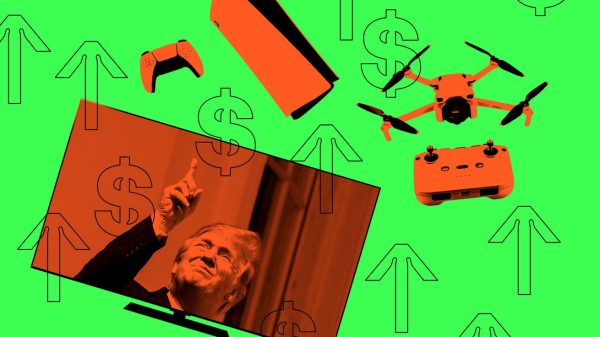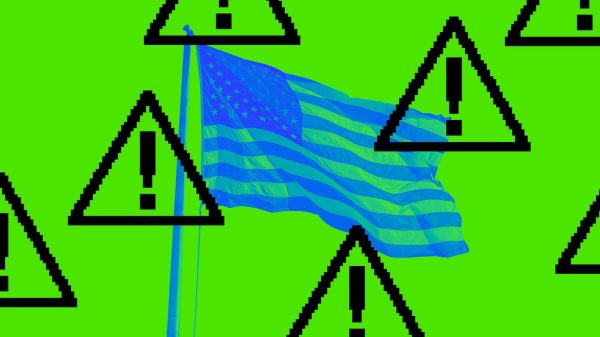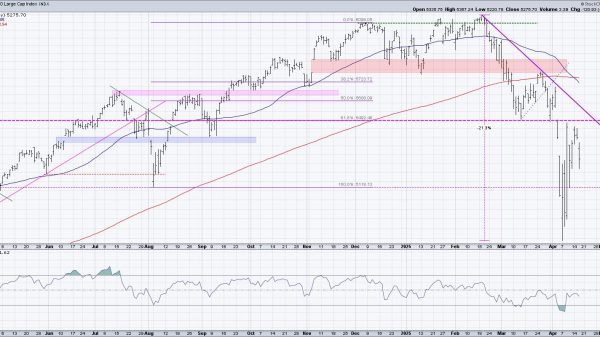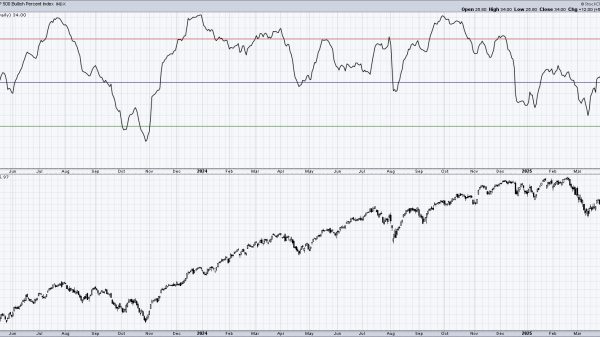Adam N. Michel
Congress is considering the merits of a package of expiring and expired business tax changes that some lawmakers want to pair with larger tax subsidies for families with kids. If made permanent, the ostensibly $100 billion in tax cuts could reduce revenue by more than $1.5 trillion over the budget window.
Keeping taxes low on new investment is an essential goal for American workers and production, but Congress should not tie necessary economic reforms to budget gimmicks and unrelated middle‐class tax subsidies.
The Tax Extender Illusion
Almost every year, Congress attempts and often succeeds at extending a handful of expiring tax provisions. These so‐called “tax extenders” usually rotate from year to year, but as temporary provisions, they are not only bad tax policy, they are also bad budget policy and bad economic policy.
Recent reporting indicates that Democrats have proposed a roughly $100 billion tax extender package with $50 billion for an expanded child tax credit and $50 billion to extend three business tax provisions. Each of the changes would expire likely at the end of 2025, although the parameters of the deal are still disputed (as is the legislative vehicle to which an extenders package could be attached).
The business tax cuts are economically important (as I detail here and here). If left unaddressed, effective tax rates on new investments will rise, decreasing the type of business activities that support jobs and wage growth. However, temporarily extending these policies year‐by‐year undermines their economic benefit. Temporary investment policies tend to shift investment between years rather than permanently increasing the investment level, which is what drives economic growth.
Any economic or political value of temporary business tax cuts is undermined further when paired with tax credits that are economically indistinguishable from direct government spending. As I’ve written before, the child tax credit should not be expanded. It is a costly transfer program for primarily middle‐ and upper‐income taxpayers who do not need government subsidies. Depending on how the credit expansion is designed, it could discourage work, leaving lower‐income Americans economically worse off.
Temporary tax policy also distorts budgeting. As the Committee for a Responsible Federal Budget recently estimated, a roughly $100 billion year‐end tax deal would reduce revenues by more than $800 billion over the ten‐year budget window, if made permanent. That number could rise by another $700 billion to $1.5 trillion, if policymakers also make the current base‐child credit permanent beyond 2025 (a more realistic assumption).
If a year‐end tax package gains support, it could include other smaller tax extenders, such as an extension of the pulsed‐up rum cover‐over program, among a number of other parochial interests (like special tax policies for corporations in American Samoa, certain racehorses, Indian employment, or mine rescue training).
Congress also usually implements these extenders retroactively to past years in which the provisions have lapsed due to congressional inaction. Retroactive tax changes are particularly wasteful as they do not change business behavior and primarily accrue as windfall profits. Year‐end tax changes can also wreak havoc on tax filing season as businesses, tax preparers, and the IRS must scramble to adjust to last‐minute changes.
There are always political reasons used to rationalize temporary changes, but arbitrary political cliffs make for poor economic policy and distort budgeting.
If policymakers want to support business investment, jobs, and broader economic growth, the lower revenue from making the business tax provisions permanent is worth the short‐run fiscal costs.
Adding almost $1 trillion to the price tag to include direct subsidies to families is budgetarily unsustainable. Policymakers should not pair necessary economic reforms with temporary budget gimmicks and unrelated tax subsidies without offsetting spending cuts.
The current expiring business tax provisions are only a fraction of the tax increases scheduled for the end of 2025 when most of the 2017 tax cuts expire. If Congress wishes to keep taxes from rising over the long run, they must make serious reforms to federal spending.
























